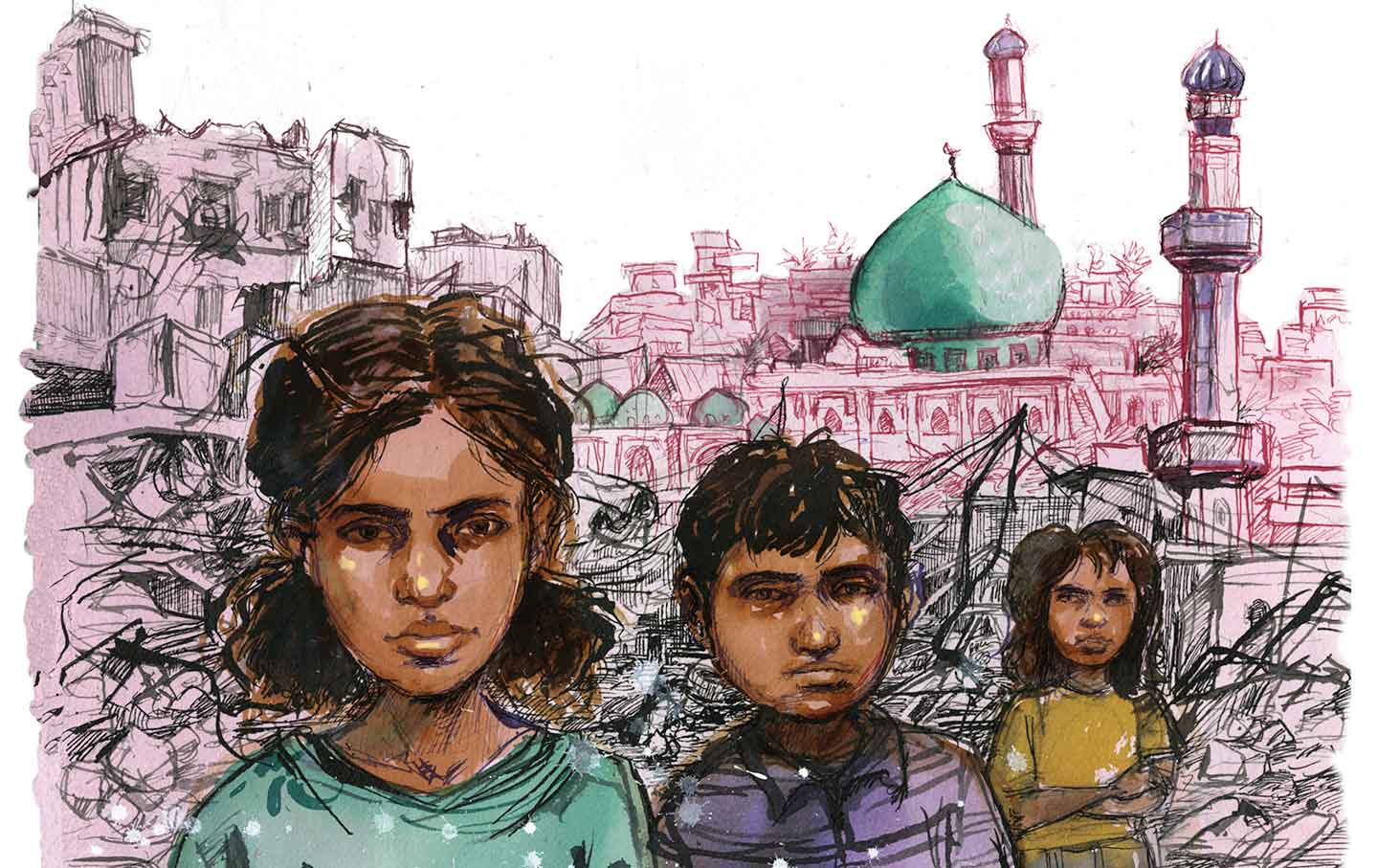
The Children of Fallujah: The Medical Mystery at the Heart of the Iraq War The Children of Fallujah: The Medical Mystery at the Heart of the Iraq War
Since the 2003 invasion, doctors in Fallujah have been reporting a sharp rise in birth defects among the city’s children—and to this day, no one knows why.
Nov 9, 2020 / Feature / Laura Gottesdiener
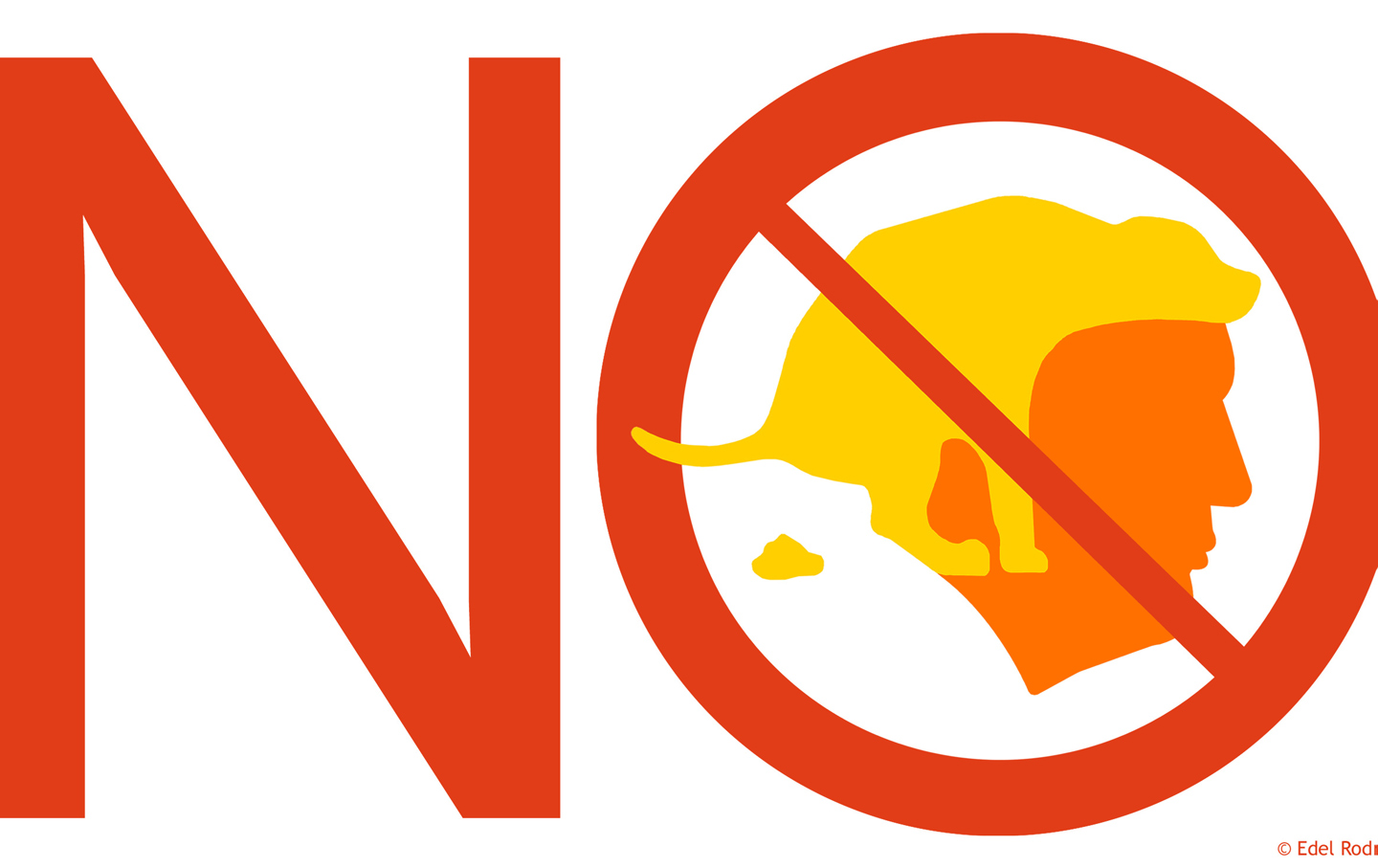
66 Days Until the Election 66 Days Until the Election
Time to end this liar in chief.
Sep 5, 2020 / OppArt / Edel Rodriguez
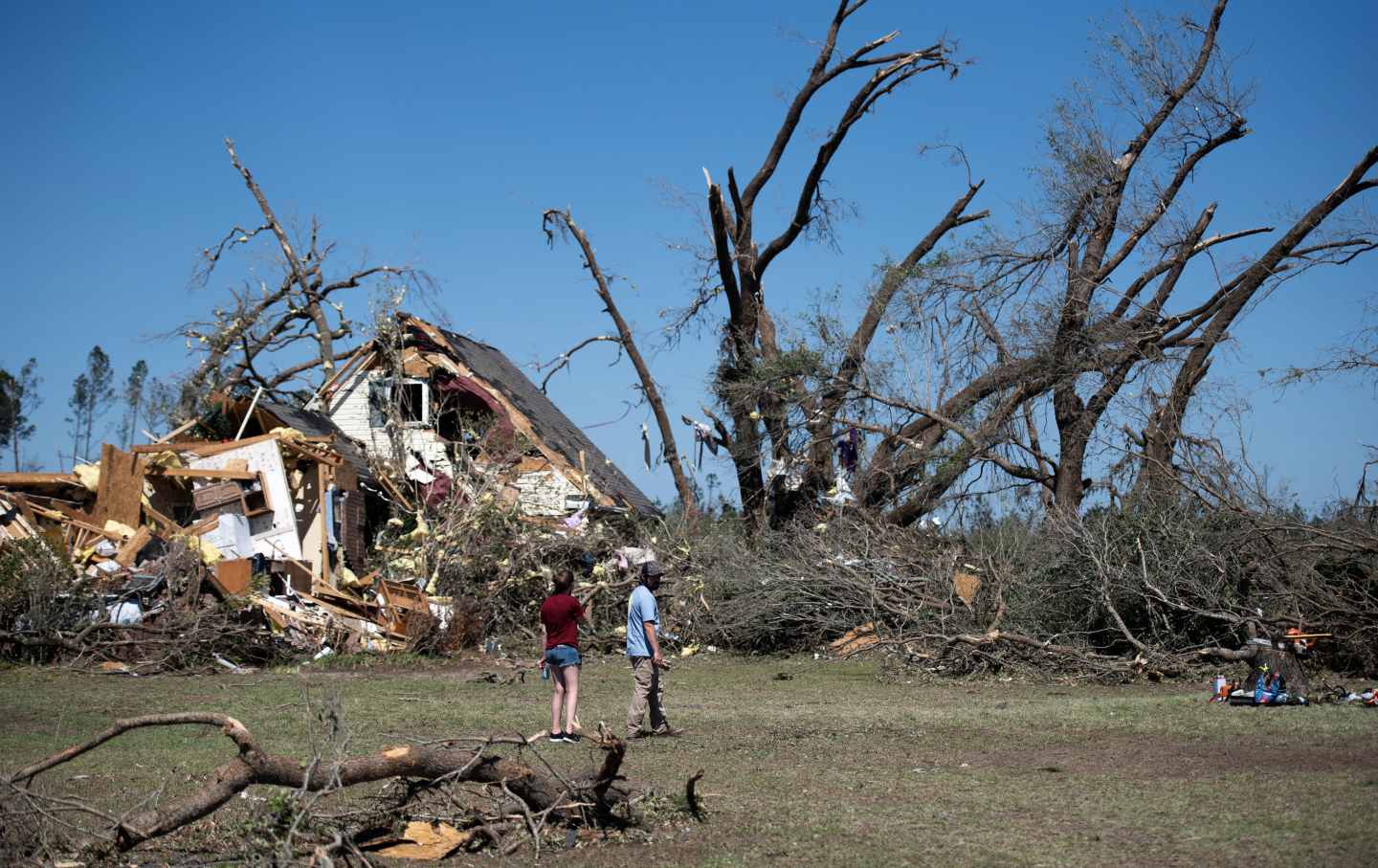
We Really Can’t Screw Up Disaster Season This Year. Global Health Depends on It. We Really Can’t Screw Up Disaster Season This Year. Global Health Depends on It.
Amid a pandemic, FEMA and HUD must be ready to provide renters with safe homes.
May 13, 2020 / no-paywall / Vanessa A. Bee
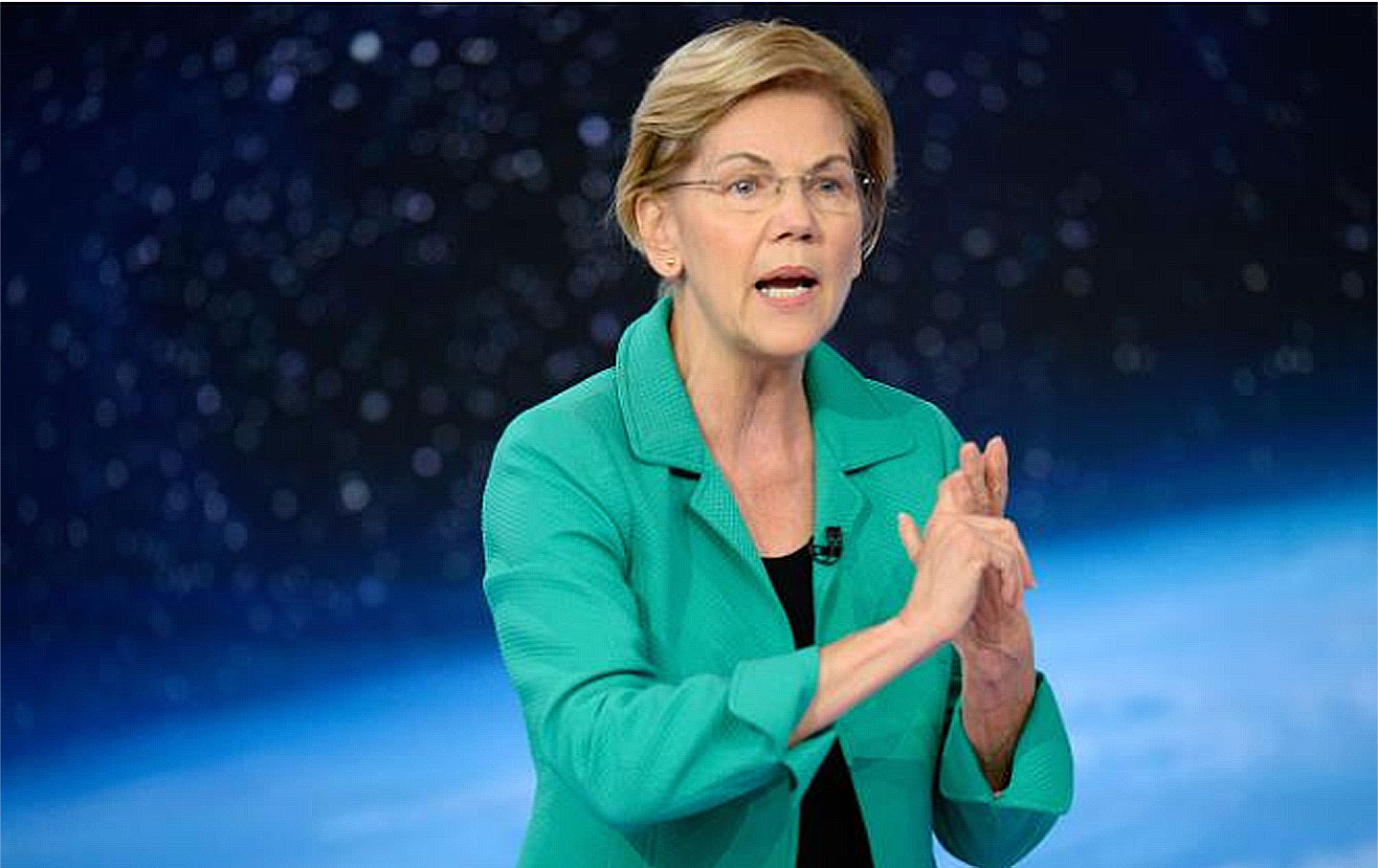
The Problem With Our Climate Debate Is That Only Democrats Are Showing Up The Problem With Our Climate Debate Is That Only Democrats Are Showing Up
While Democrats are getting ambitious on climate change, the GOP continues to derail the conversation from the sidelines.
Sep 6, 2019 / Jeet Heer
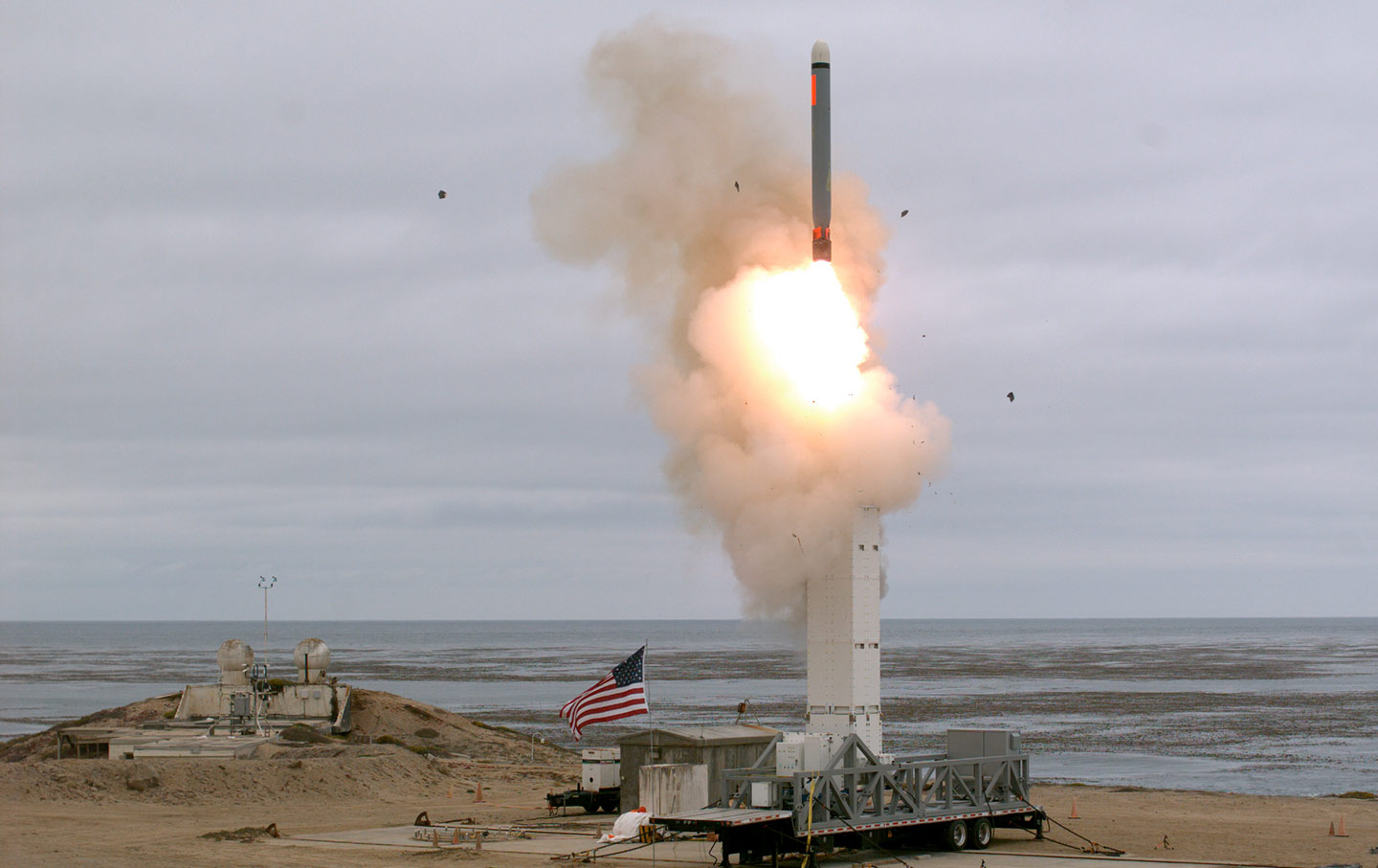
The Pentagon’s New Missile Drive Is Bringing Armageddon Closer The Pentagon’s New Missile Drive Is Bringing Armageddon Closer
Washington is withdrawing from the INF treaty not because of Russian violations but because the Pentagon wants to deploy a dangerous new class of its own nukes.
Aug 30, 2019 / Editorial / Michael T. Klare
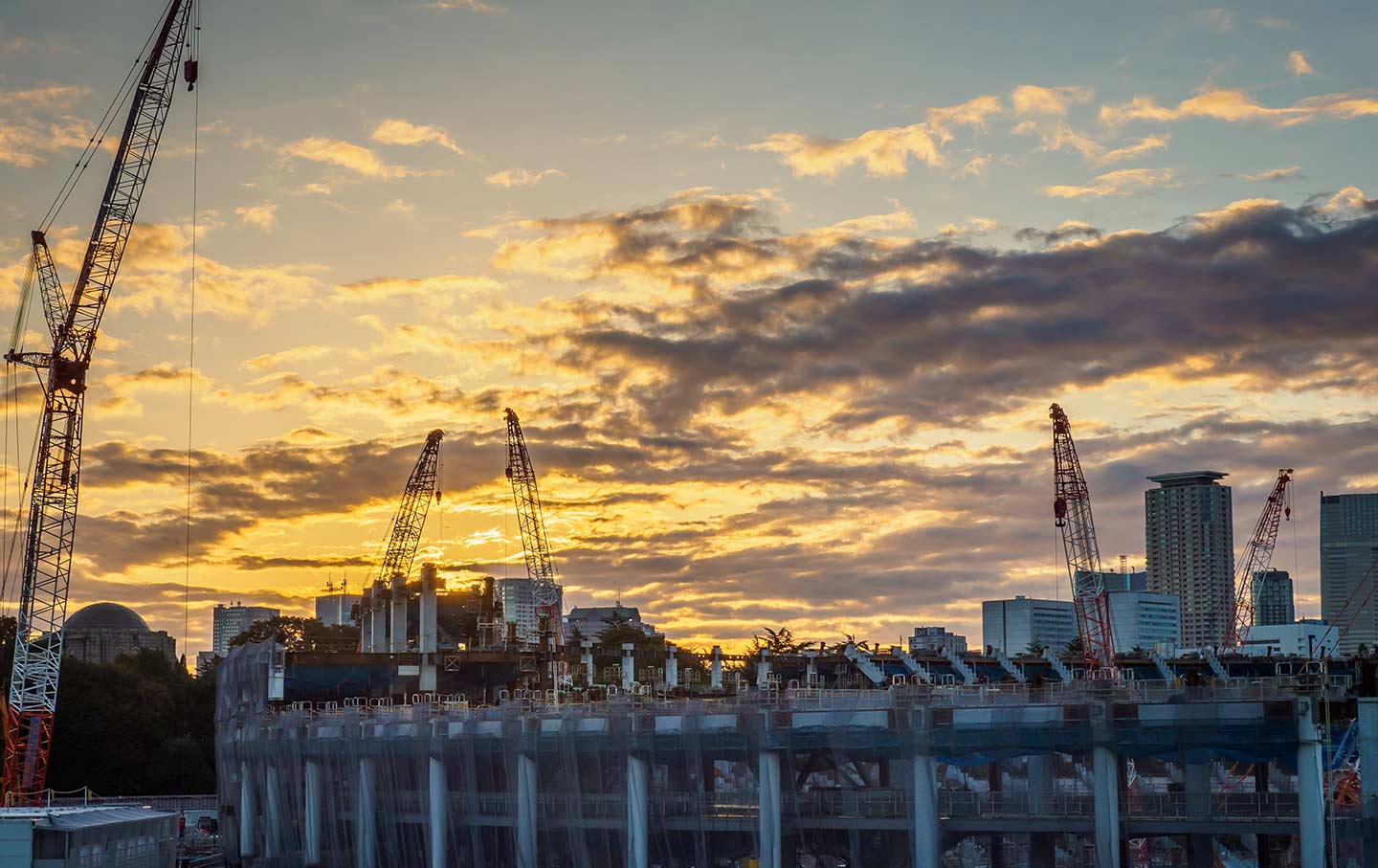
Is Fukushima Safe for the Olympics? Is Fukushima Safe for the Olympics?
A recent visit suggests that the repercussions of the 2011 nuclear disaster aren't over.
Jul 25, 2019 / Dave Zirin and Jules Boykoff
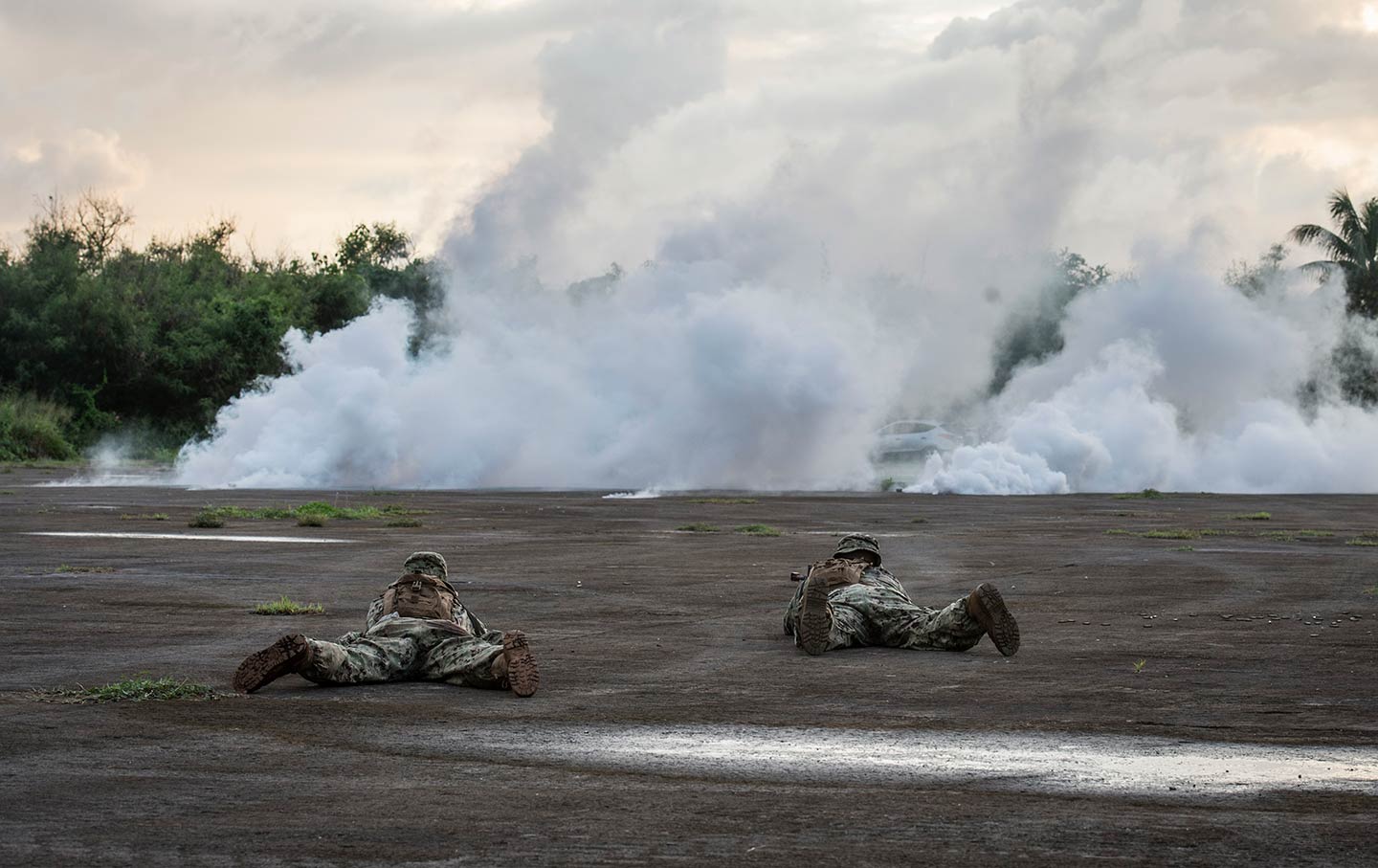
‘This Isn’t Your Island’: Why Northern Mariana Islanders Are Facing Down the US Military ‘This Isn’t Your Island’: Why Northern Mariana Islanders Are Facing Down the US Military
Residents of the US commonwealth have discovered an apparently illegal Navy strategy to help it construct Pacific bombing ranges.
Jun 12, 2019 / Chris Gelardi and Sophia Perez
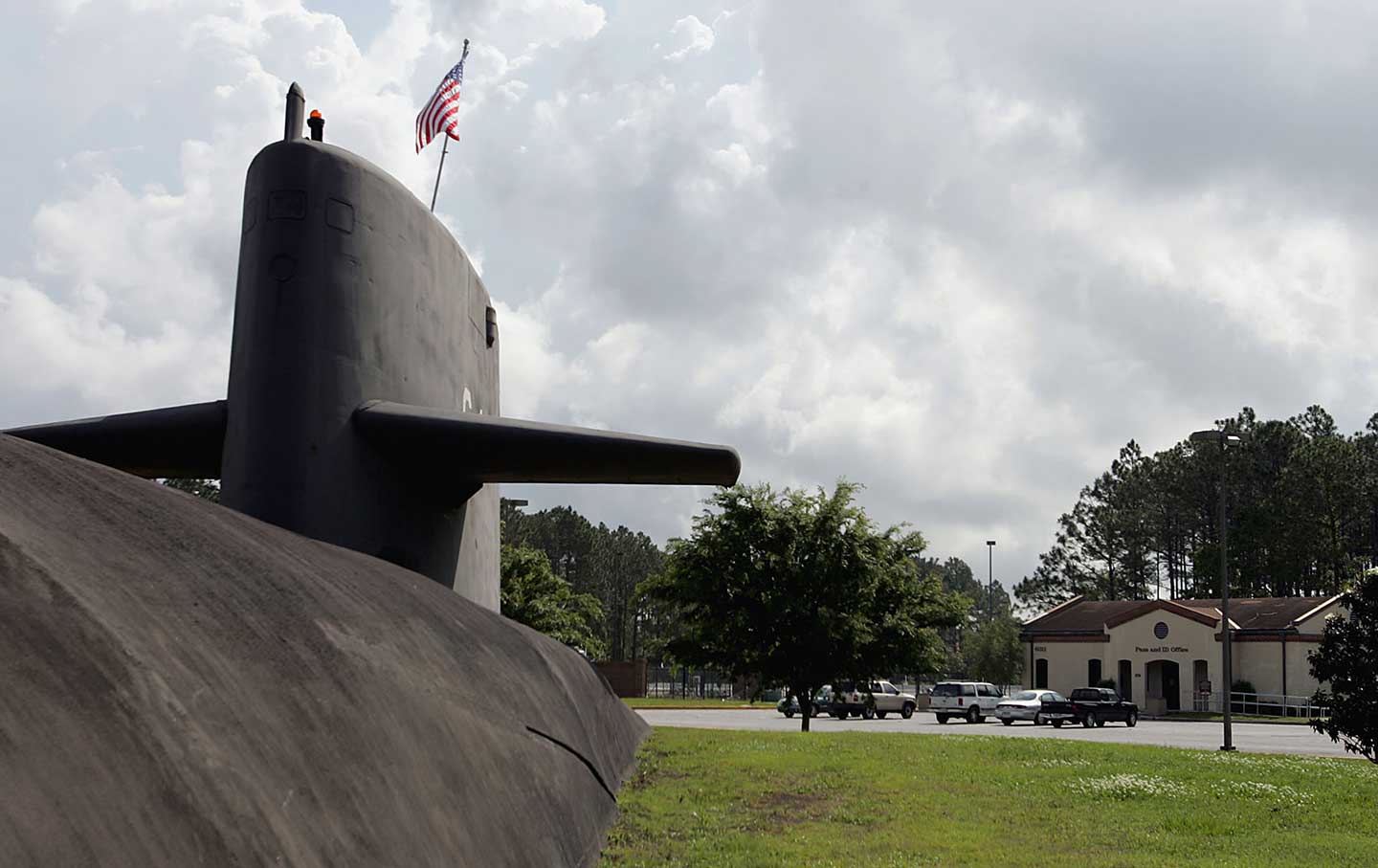
25 Years in Jail for Protecting the Planet? 25 Years in Jail for Protecting the Planet?
The Kings Bay 7 were trying to put an end to the threat of nuclear war. Now they face a quarter-century behind bars.
Feb 18, 2019 / Frida Berrigan
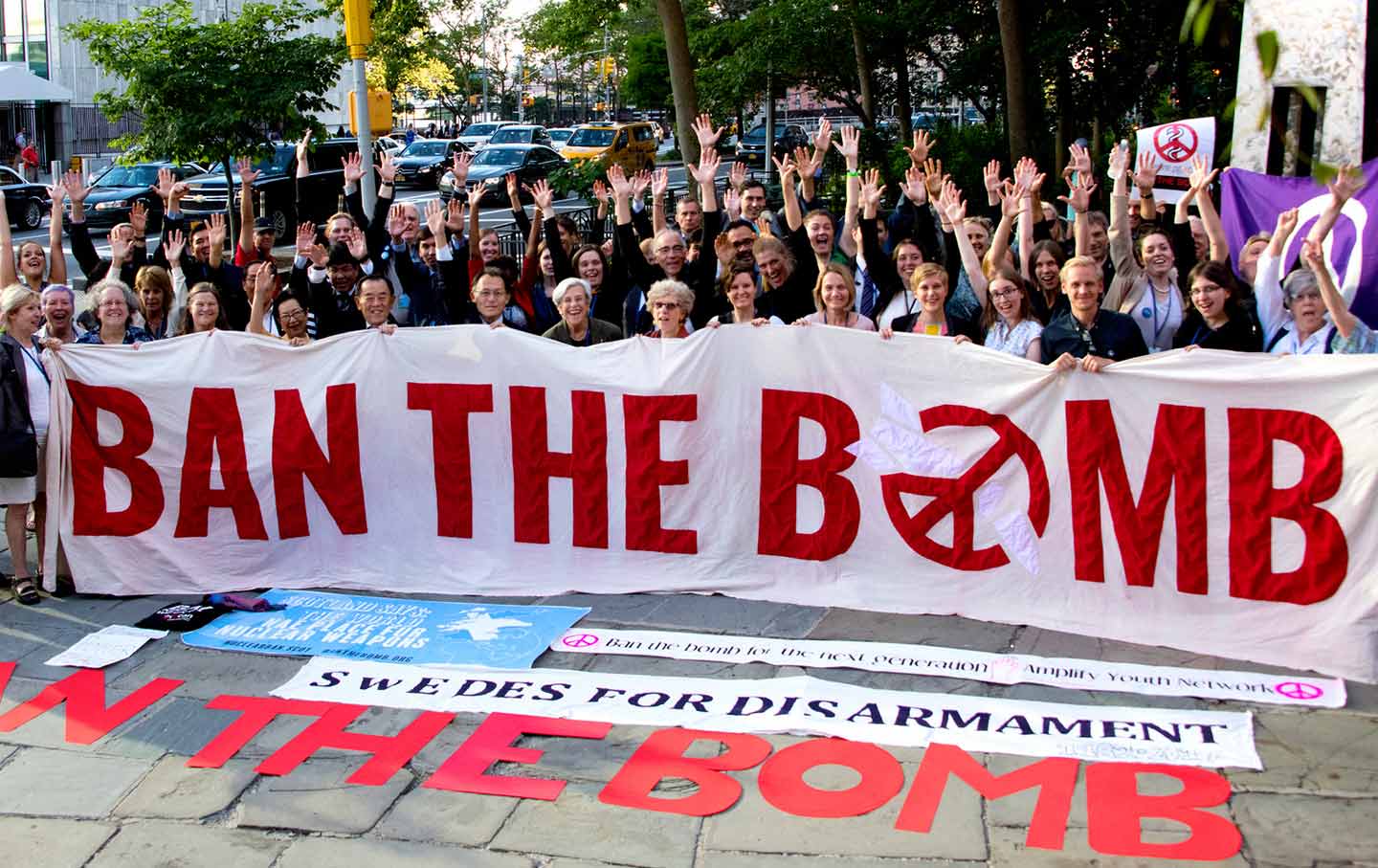
How Prohibiting Nuclear Weapons Changed the World How Prohibiting Nuclear Weapons Changed the World
A year after 122 nations adopted a nuclear-weapons ban, the treaty is showing results.
Jul 6, 2018 / Ray Acheson

